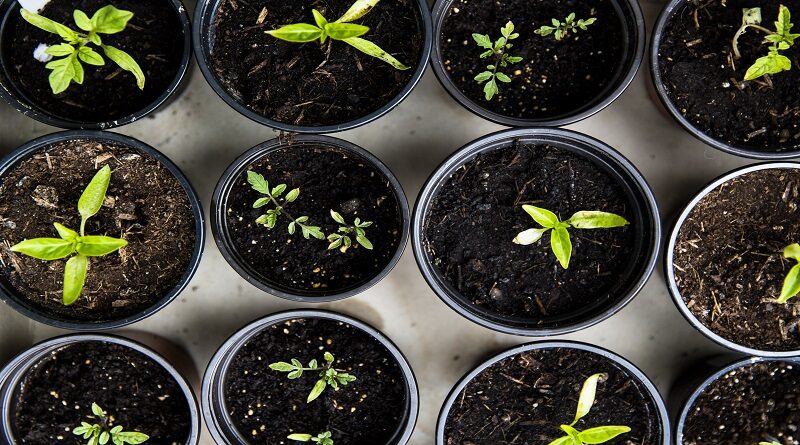Postgraduate courses in Horticulture
Have you an interest in plants, fruit and vegetables and learning about where they come from, how to get the best out of your crop and all the latest technologies which help enhance production? A postgraduate degree in Horticulture could be a great fit for you.
There’s a lot to learn about horticulture but we’ve gathered the basics below to help you gain an understanding and kick start your research.
What is horticulture?
Horticulture is the agriculture of plants mainly for food, materials, comfort and decoration.
It consists of two parts – ‘Hortus’, meaning garden, and ‘Colere’, meaning to grow or cultivate. The industry itself can be split up into three parts.
- Pomology – deals with fruits and their production technologies
- Olericulture – deals with vegetables and seeds of vegetables
- Ornamental horticulture – deals with plants for aesthetic purposes
What does a Horticulturist do?
Horticulturists apply knowledge, skills and technologies to cultivate plants for all uses and needs. As well as working on land, horticulturists also carry out experiments in labs. They can also guide farmers, gardeners and policy makers to optimize the cultivation and propaganda of plants.
A horticulturist can work in agriculture or landscaping. Like any job, the daily activities of a horticulturist can change from day to day. Some jobs carried out in this role are:
- Cultivating
- Planting
- Harvesting
- Feeding
- Pruning plants
- Treating plants
- Manage upkeep of grass, plants and turf
Courses
Postgraduate courses in Horticulture are best suited to those with degrees in agriculture, horticulture, engineering, biosciences, geography or related fields. Many courses give an option of studying either part time or full time. A full time course is usually 12 months in length.
Horticulture courses teach students about conservation techniques, landscape restoration and garden design. It will prepare future graduates with the necessary skills and knowledge in this field and teach them how plants provide nutrition, reduce carbon footprint and aesthetically improve living spaces.
There is also the opportunity for students to study specific areas in horticulture such as a postgraduate degree in Crop Production. A course in crop production will study an expanding industry with vast amounts of fresh foods and flowers being transported all around the world. A key focus is on how the latest technologies have such a big effect on production techniques and how crops are grown. Investigations into new growing systems, establishing new sustainably grown crops, water, soil and resource management are all key focuses.
Entry requirements
The majority of postgraduate courses in Horticulture require applicants to have a first class honours degree (2.2 or above) in Horticulture or a related field such as agriculture, floristry or environmental science. Applicants with significant relevant industry experience or interest may also be considered on an individual basis.
Each course may differ in their entry requirements. All requirements can be found online on course overviews or on University websites.
Career options
There are a few different options you can choose from after obtaining a postgraduate degree in Horticulture. Horticulturists can find jobs in institutes of horticulture, plantations, vegetable farms and fruit groves. Some examples of jobs titles are:
- Horticulturist
- Plant pathologist
- Consultant in horticulture
- Horticultural technician
- Plant care worker
- Landscape designer
Salary expectation
The salaries available in the different areas of horticulture can all increase with experience. There are quite a number of jobs and titles under the horticulture umbrella so it is hard to put a general figure on one title. For example, as a horticulturist you may earn £20,000-£30,000 with over five years’ experience while, as a head gardener, you may earn up to £40,000. The salary depends on your specific area or job of interest.
Skills and requirements
- A passion for plants and the environment
- Attention to detail
- A creative eye
- Problem solver
- Critical thinker
- Good communication skills




